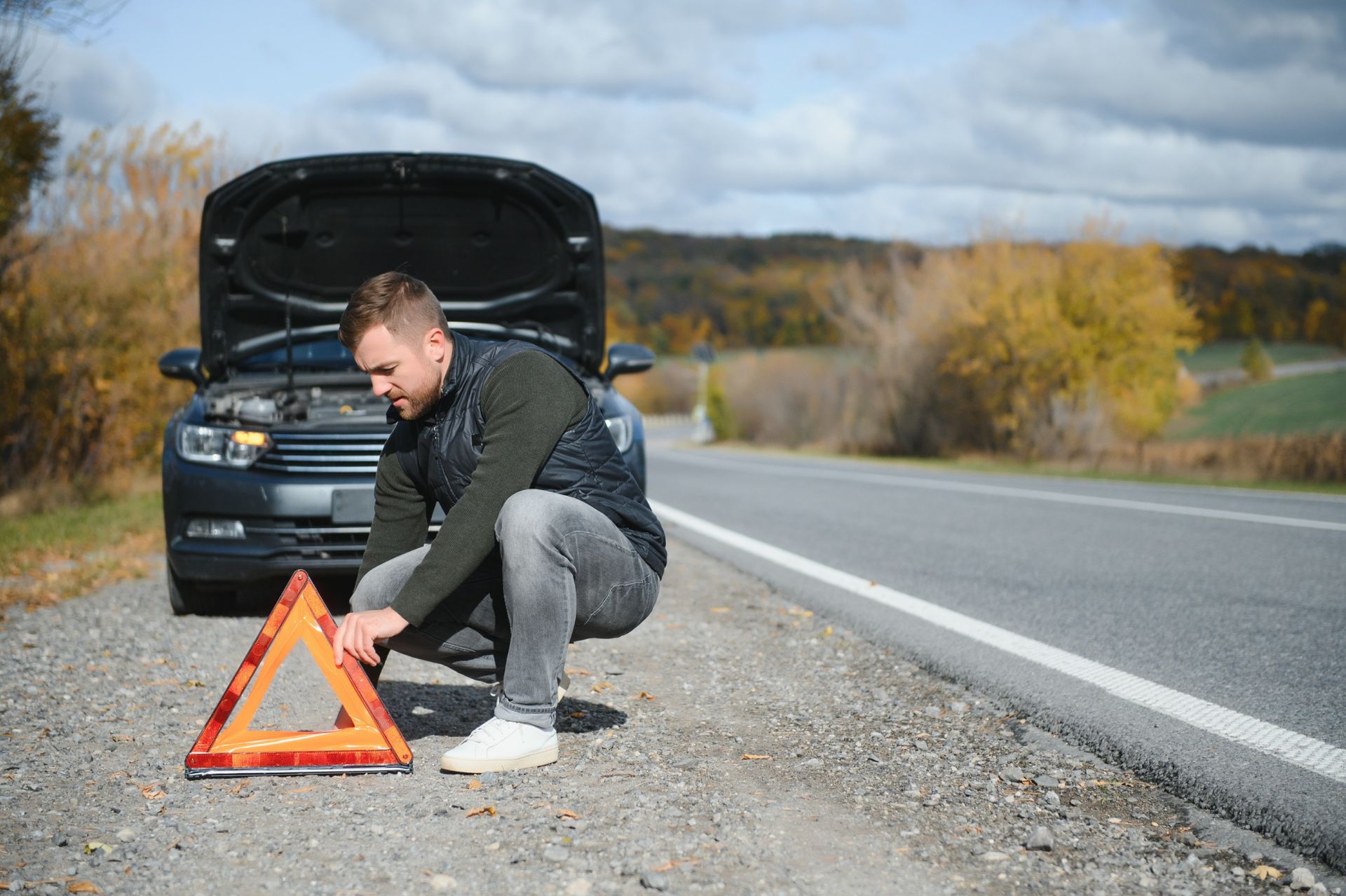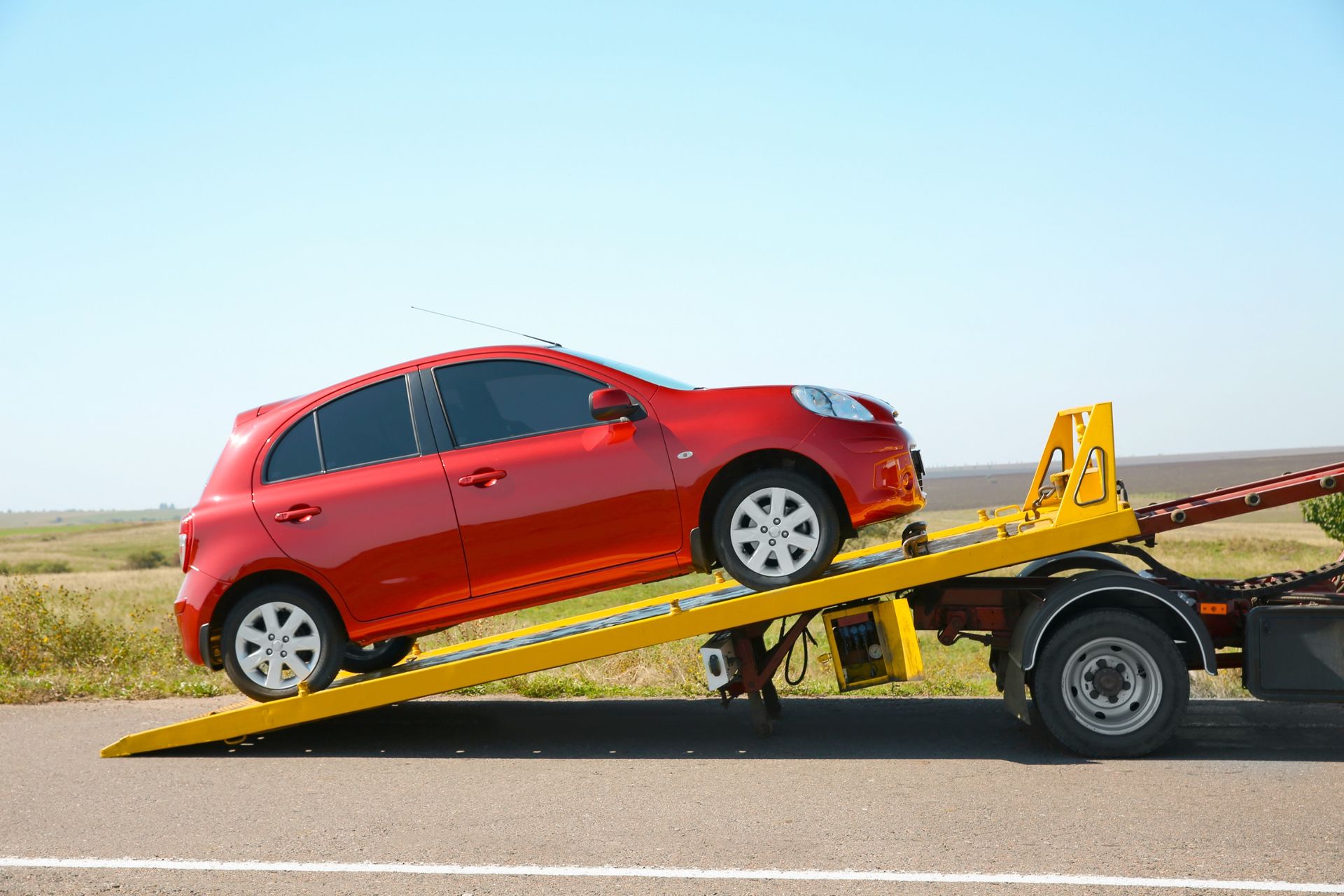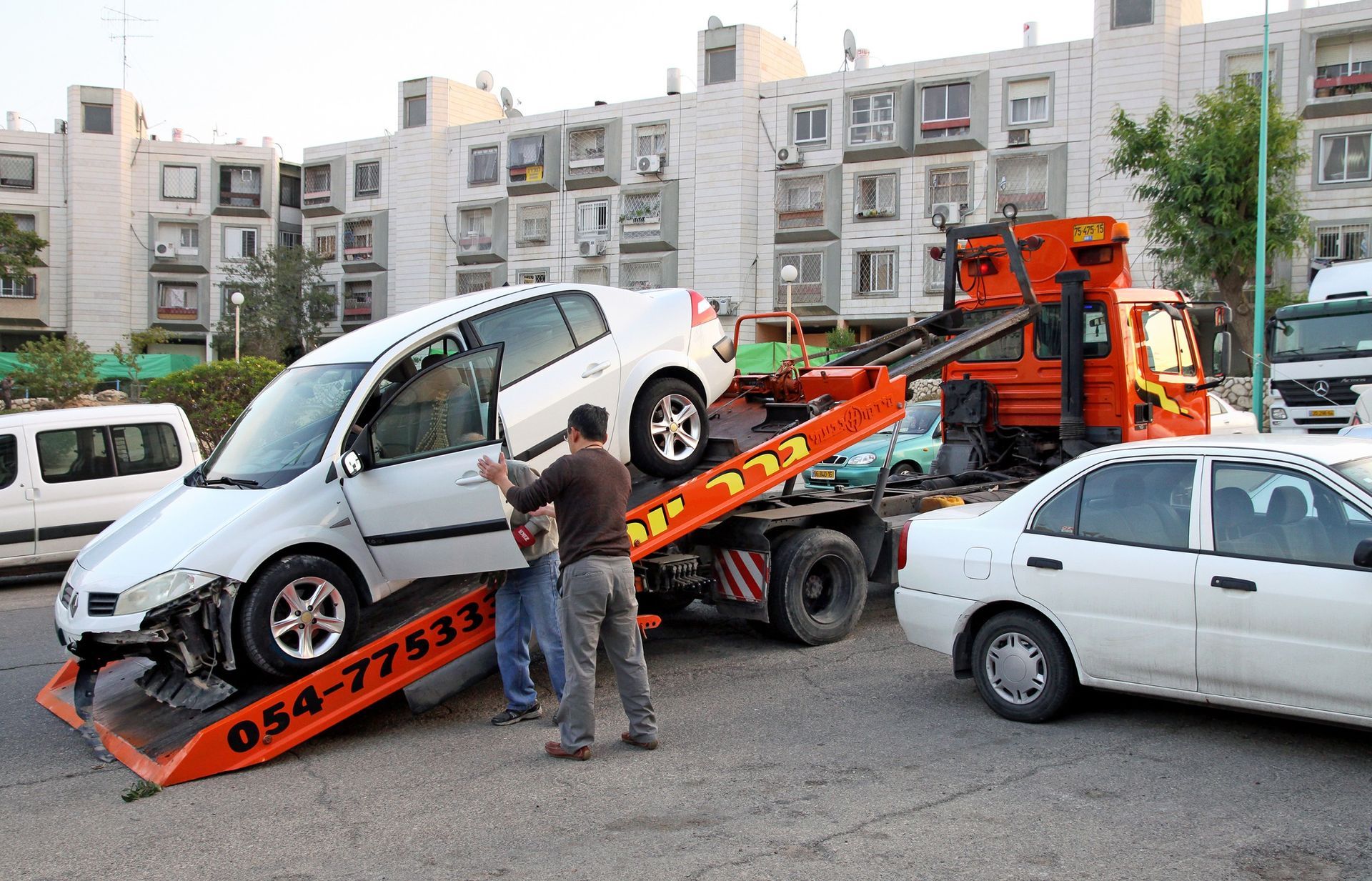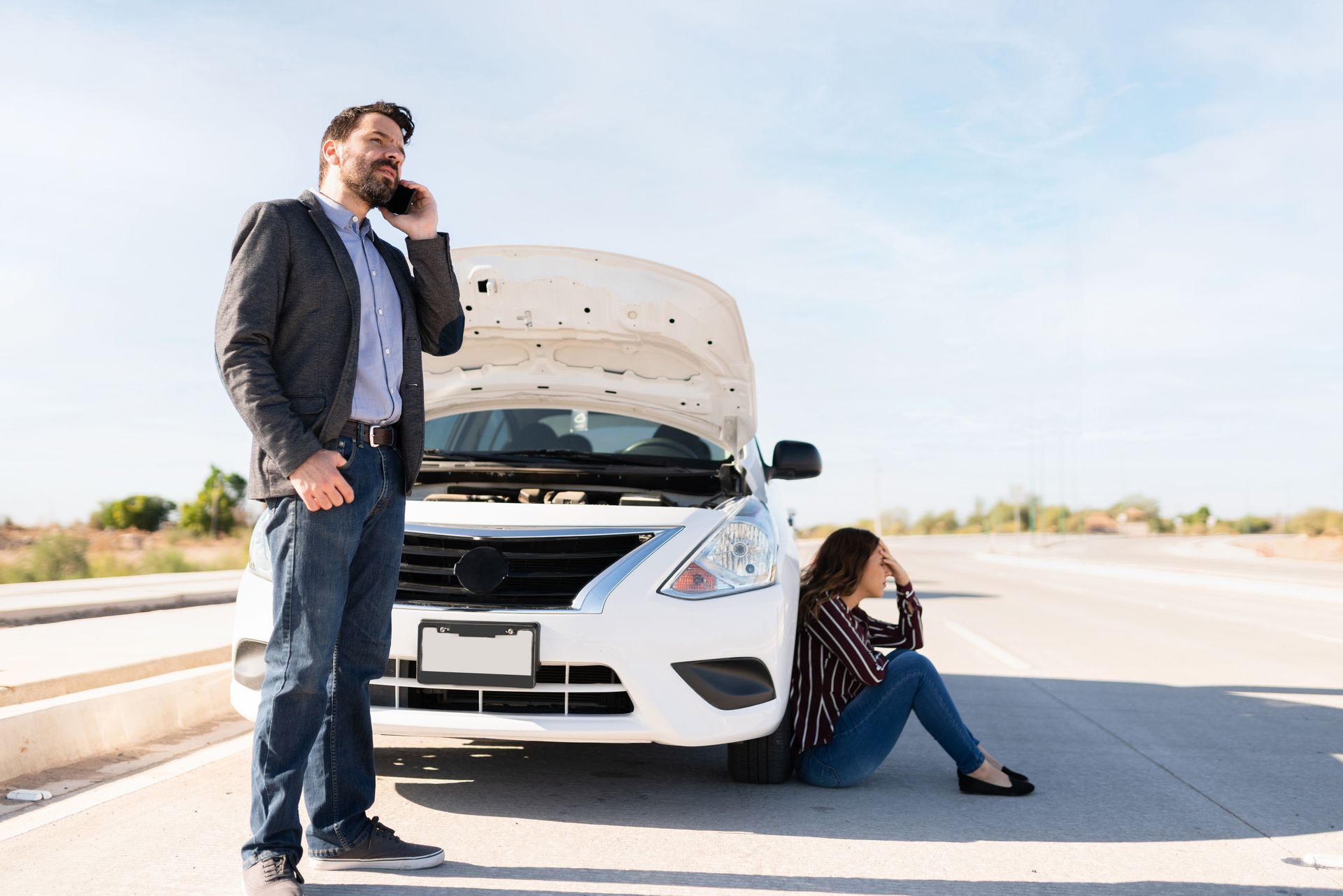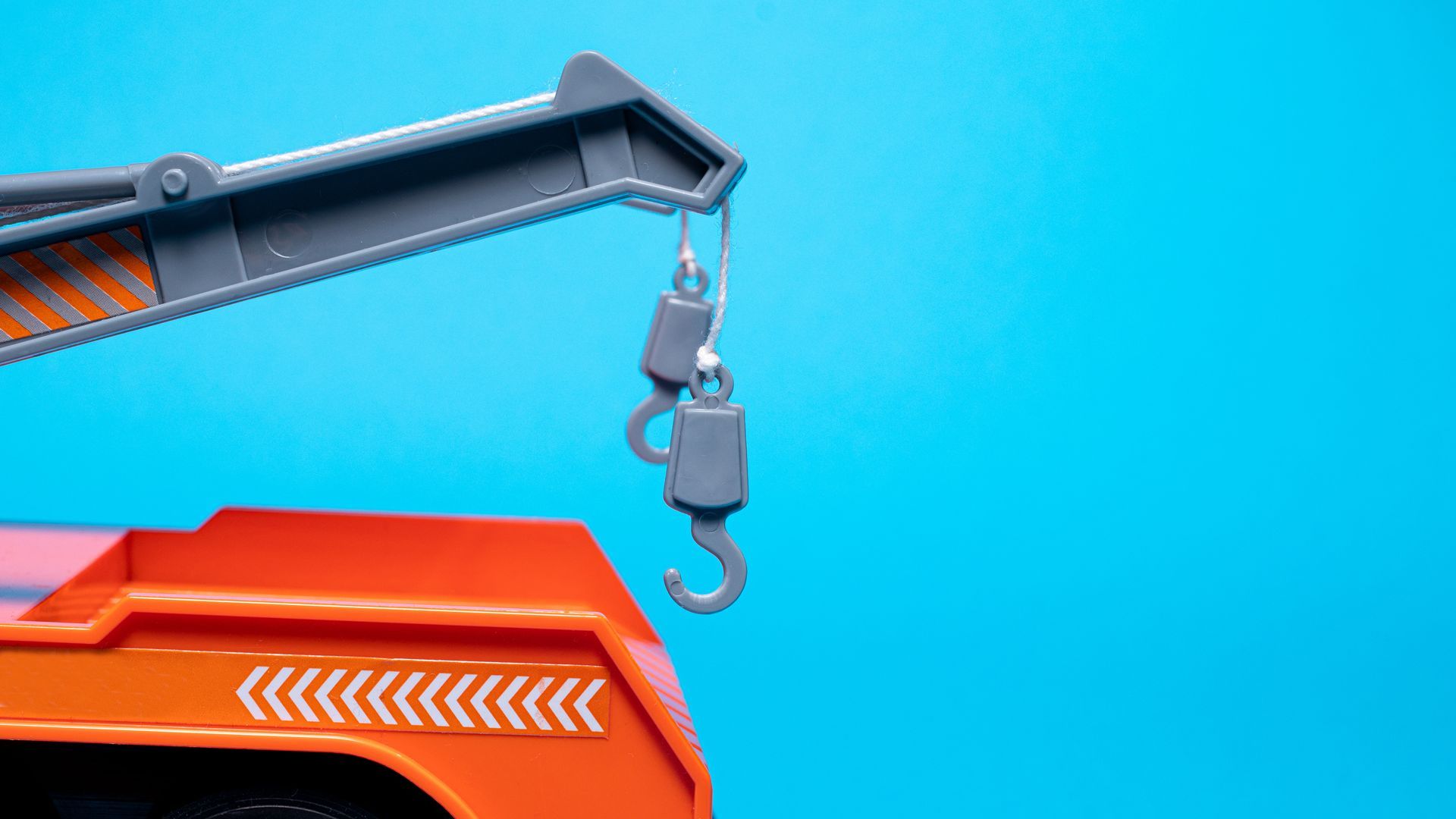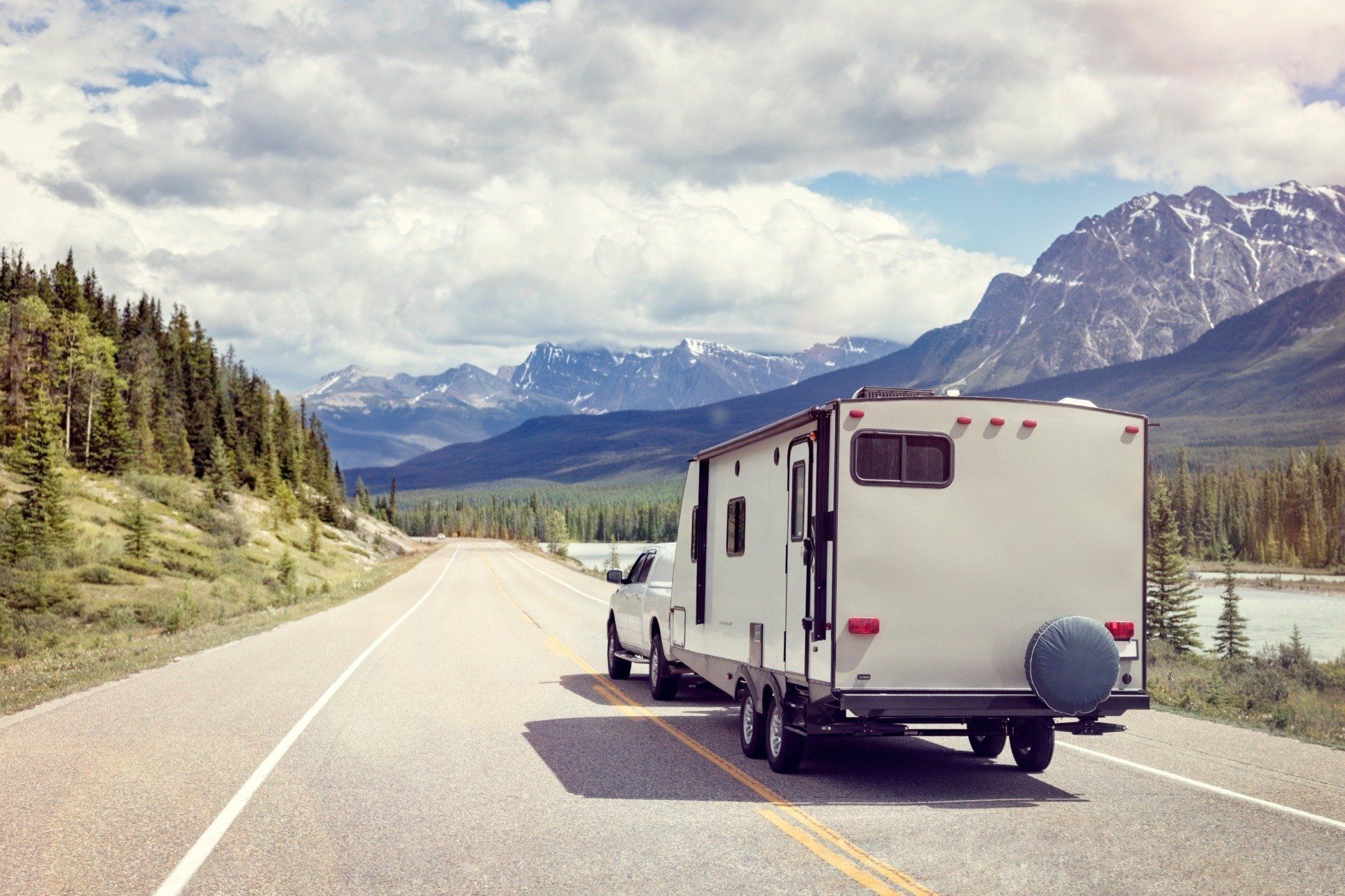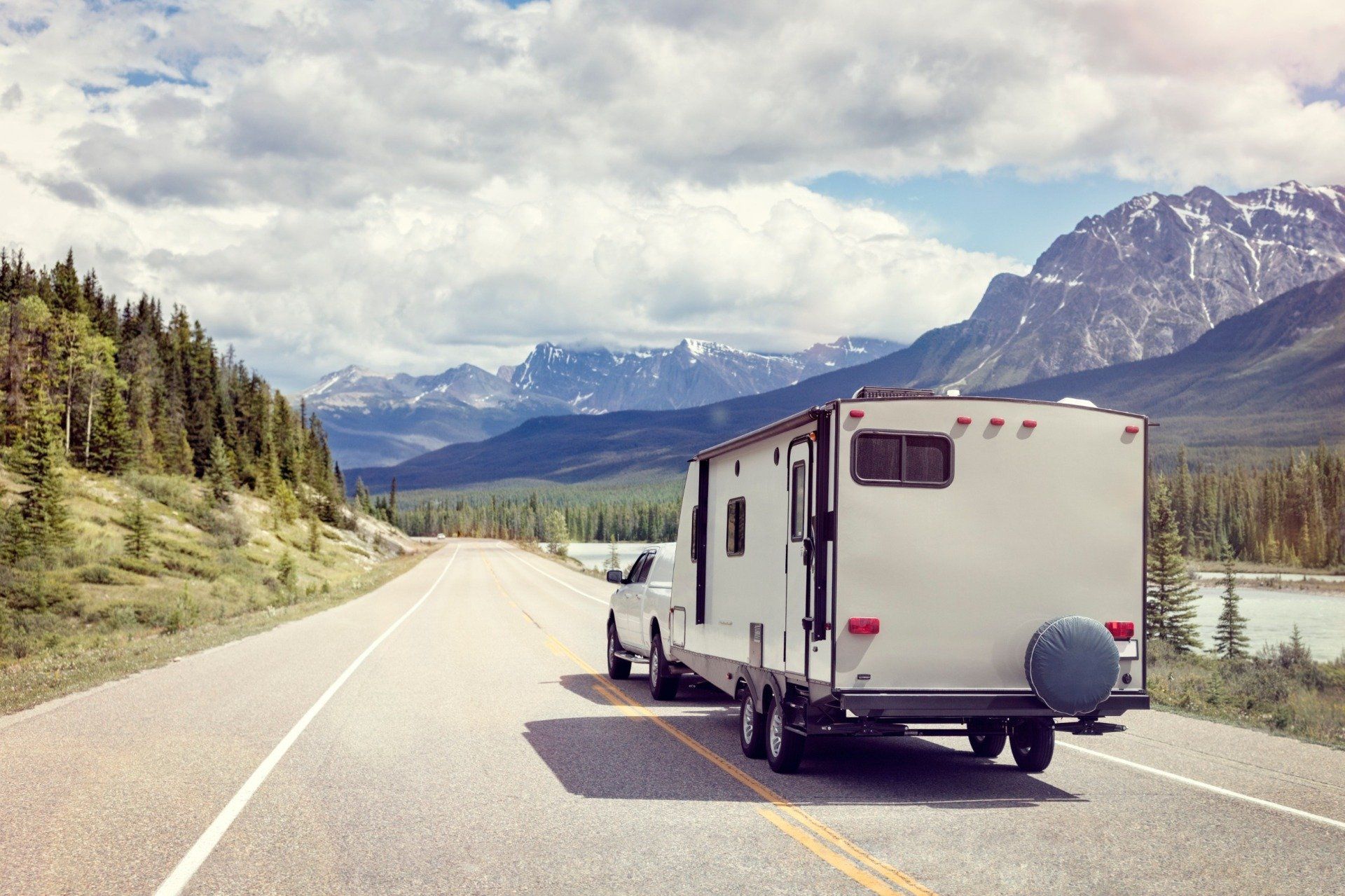Towing Laws & Regulations in the State of Nevada
Towing Laws & Regulations in the State of Nevada
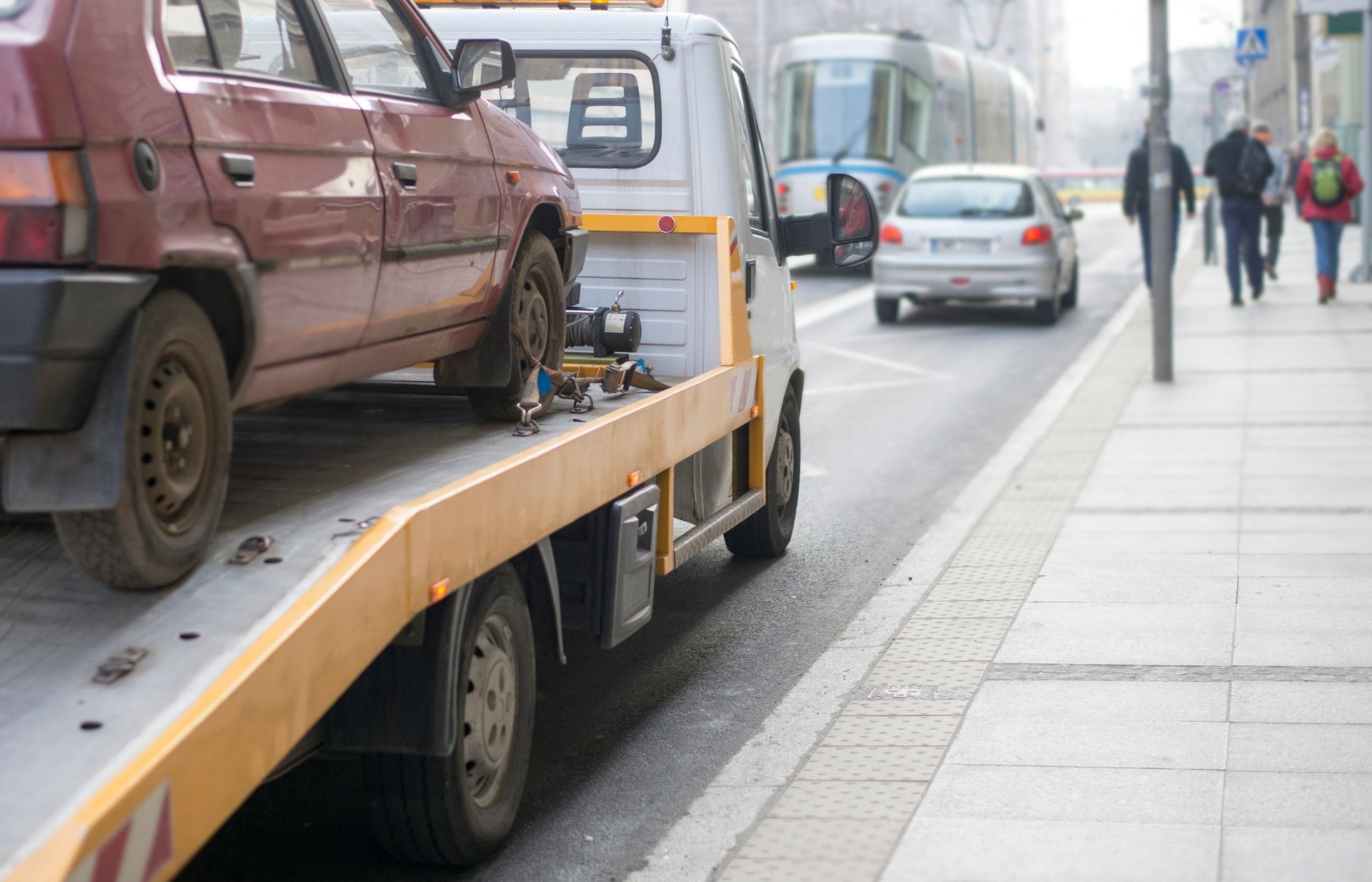
Laws and regulations – where would we be without them? Sure, they can be a pain and often result in a headache none of us asked for, but they’re necessary – and we need to accept (and appreciate) that.
With that said, let’s talk about towing laws.
When most people hear the term ‘towing laws,’ they think of one of two things:
- Trailer towing laws and regulations
- Towing and impoundment laws
They mean two completely different things, but they’re both equally as important for anyone driving a motor vehicle – whether you’re getting towed or doing the towing. Trailer towing laws are designed to keep people safe, while impoundment laws are designed to clear certain areas of unauthorized vehicles.
Understanding the law and knowing your rights can help keep you out of trouble and, of course, help you avoid those pesky (and hefty) fines. Don’t worry – we’re going to explain everything you need to know!

How to Tow a Trailer Legally and Safely in Nevada
Like in any state in the United States, the laws and regulations for tow vehicles are very specific and highly sensitive – meaning they must be followed ‘to a T.’ Whether you’re towing equipment, a trailer, or another motor vehicle, complying with the law can help save you from fines – or worse, criminal charges.
So, what are the trailer towing laws in Nevada?
Most of the laws for towing a trailer in Nevada are grouped into one of five categories – reflectors and lighting, trailer brakes, safety chains, licenses and registrations, and towing capacity restrictions.
1. Reflectors & Lighting
The back of your trailer is going to need a few things to comply with Nevada law – including two red tail lamps (visible from 500 feet away), brake lights, turn signal lights, and rear red reflectors. Although not explicitly mandated, we recommend installing license plate lights on both the trailer and towing vehicle.
2. Trailer Brakes
According to Nevada law, every trailer, semitrailer, or pole trailer manufactured in the past 50 years with a gross weight of 1,500+ pounds must be equipped with service brakes adequate for all wheels – either air or electric brakes. They don’t specifically require trailer brakes on all wheels for passenger car trailers below 3,000 pounds, but we highly recommend it.
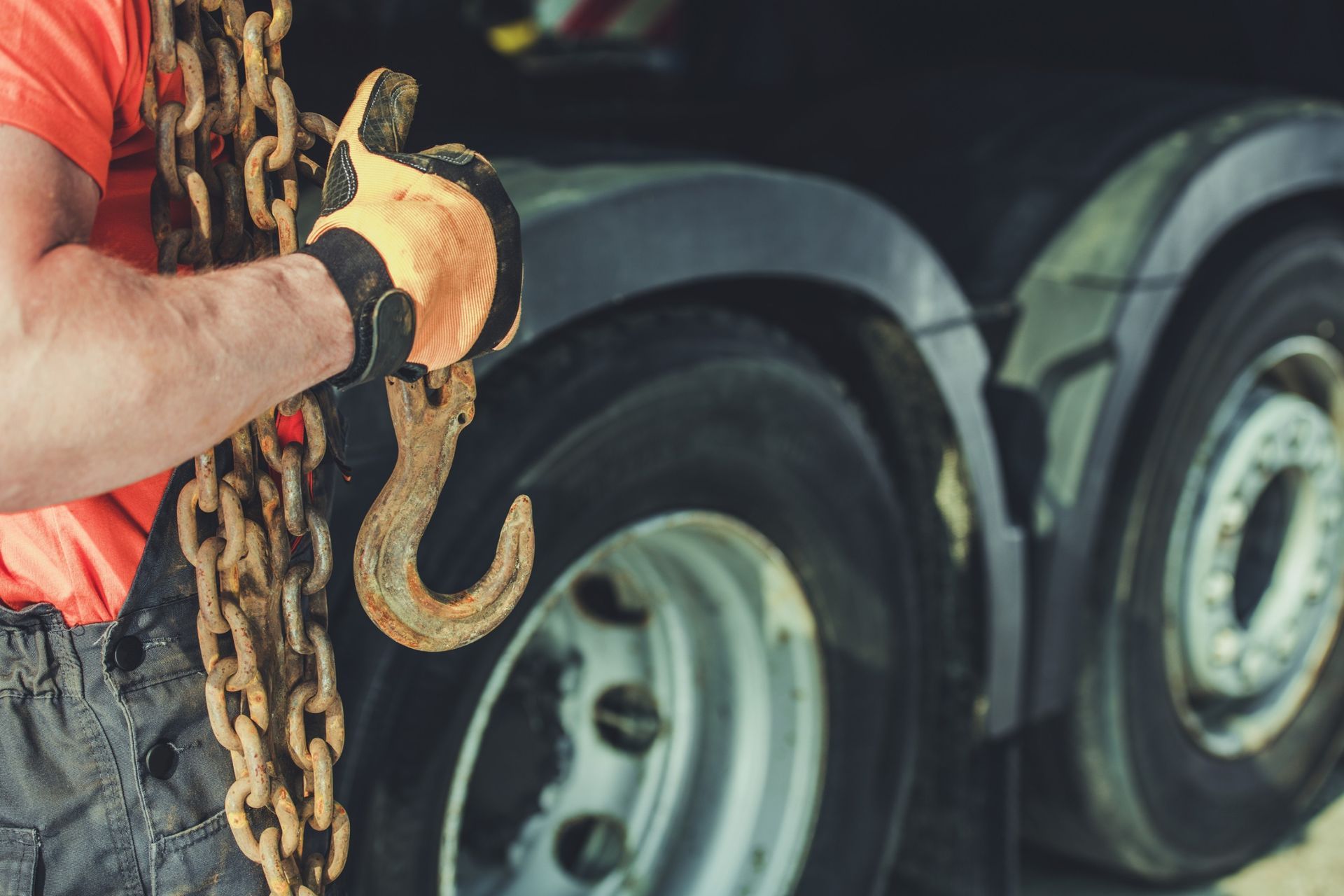
3. Safety Chains
Trailer safety chains are often viewed as the first line of defense when something goes wrong, and your vehicle detaches from the towed vehicle. That’s why Nevada requires all trailers to be installed with safety chains to prevent runaways. If a runaway occurs and you don’t have safety chains, you’ll be held responsible.
4. License & Registration
If you plan on towing a trailer down the streets of Nevada, you better make sure it’s registered with the Department of Motor Vehicles first – otherwise, you’ll receive a traffic citation. If your trailer is under 1,000 pounds, the DMV will issue a small license plate. You might need a Class C license for large trailers.
5. Towing Capacity
All motor vehicles have a towing capacity – your job is to keep your payload within 10% of that capacity to ensure a safe trip. Failing to do so can result in a fine from local law enforcement or, even worse, a fatal accident that you’re deemed responsible for. If the payload is too big to handle, then don’t handle it!

Towing and Impoundment Laws in Nevada
There’s nothing worse than walking outside and seeing your vehicle get strapped up, pulled away, and taken to an impound lot – but it happens. Sometimes it’s warranted, while other times, it’s done in an illegal manner. Understanding the difference can help you avoid and prevent a headache in the future.
There are several reasons why your vehicle might get towed – including:
- The driver of the vehicle is arrested, and no one else is available to drive the vehicle home.
- The motor vehicle was involved in an accident and is unsafe to drive to a mechanic.
- The car is parked illegally, such as in an accessible spot or in a ‘No Parking’ zone
- The car is parked on private property and the property owner wants it removed
- The motor vehicle’s registration expired or the driver doesn’t have a license
In the case of illegal parking, expired registration, and parking on private property, vehicle owners aren’t guaranteed a notice before getting towed. If the car is located in a residential or public parking lot, or if the vehicle is inoperable or disabled, the vehicle can't be towed without the vehicle owner's consent. vehicle owners must be issued a warning before towing their vehicle.
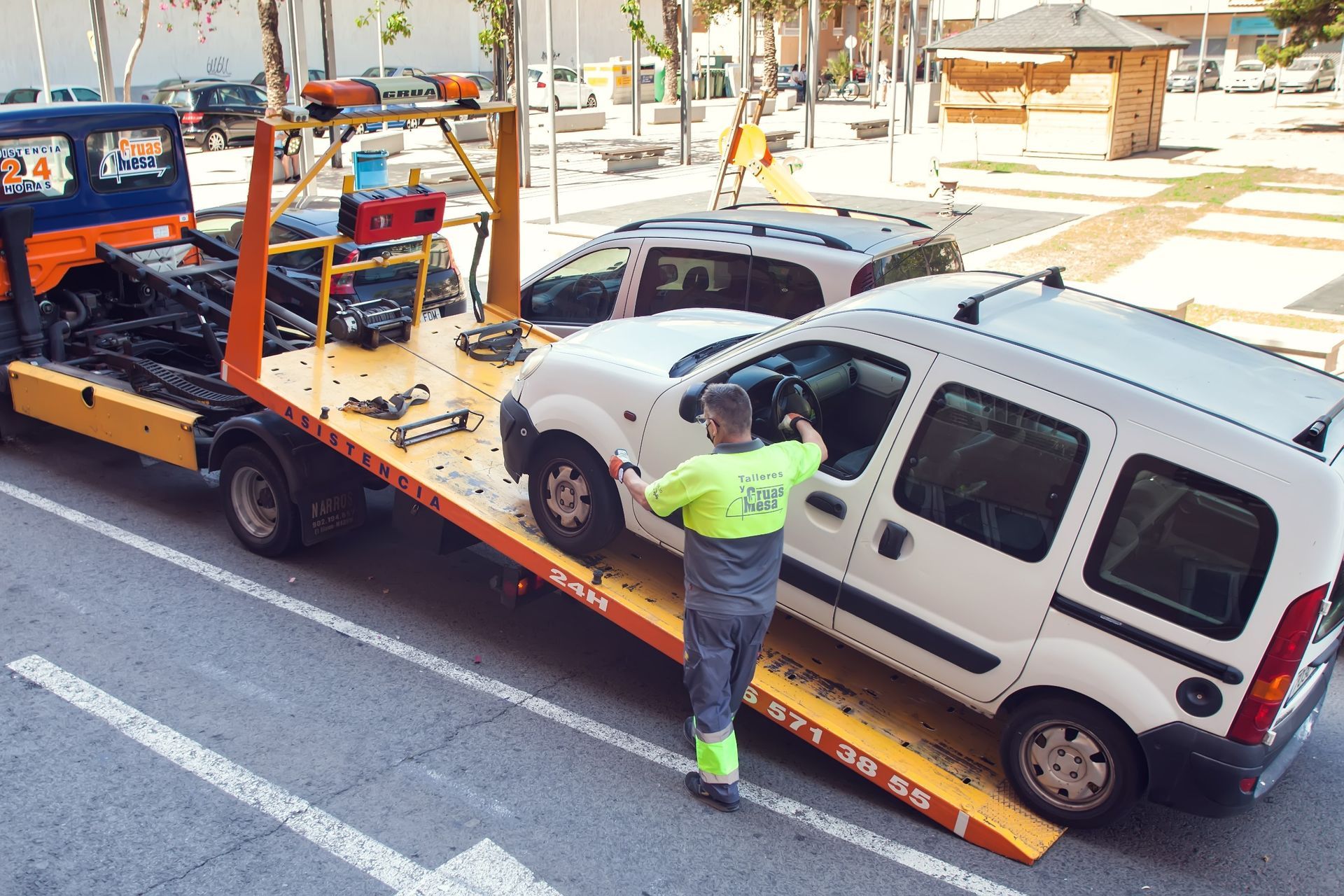
How to Retrieve an Impounded Vehicle in Las Vegas
When your vehicle gets towed away, it’s taken to an impound lot or storage yard. The tow truck driver will take it to a low-cost lot, preferably one covered by your insurance unless directed otherwise (by you).
To retrieve the vehicle, you’ll have to find out what storage yard it was taken to – make sure you bring your driver's license, vehicle registration, and proof of ownership (vehicle title).
Of course, it also costs money.
Not only are you responsible for the cost of towing the vehicle to the impound lot, but you’re also responsible for any storage fees that come with it – depending on how long the vehicle sits in the lot. Towing fees can range between $50 and $150, while storage fees can cost up to $50 per day.
All In Towing: The Best Towing Company Las Vegas Has to Offer
Are you a stranded driver who needs help getting to the nearest mechanic? Are you a private property owner who needs to remove an unauthorized vehicle? Were you recently involved in a car wreck?
Don’t worry – All In Towing is here to save the day.
Our towing service is available 24/7 and we ensure a response time of under 30 minutes – getting to you as soon as possible is our No. 1 priority. With over 50 years of combined experience within the Valley, we’re proud to serve this community – contact us today at (702) 450-1222 for immediate assistance!
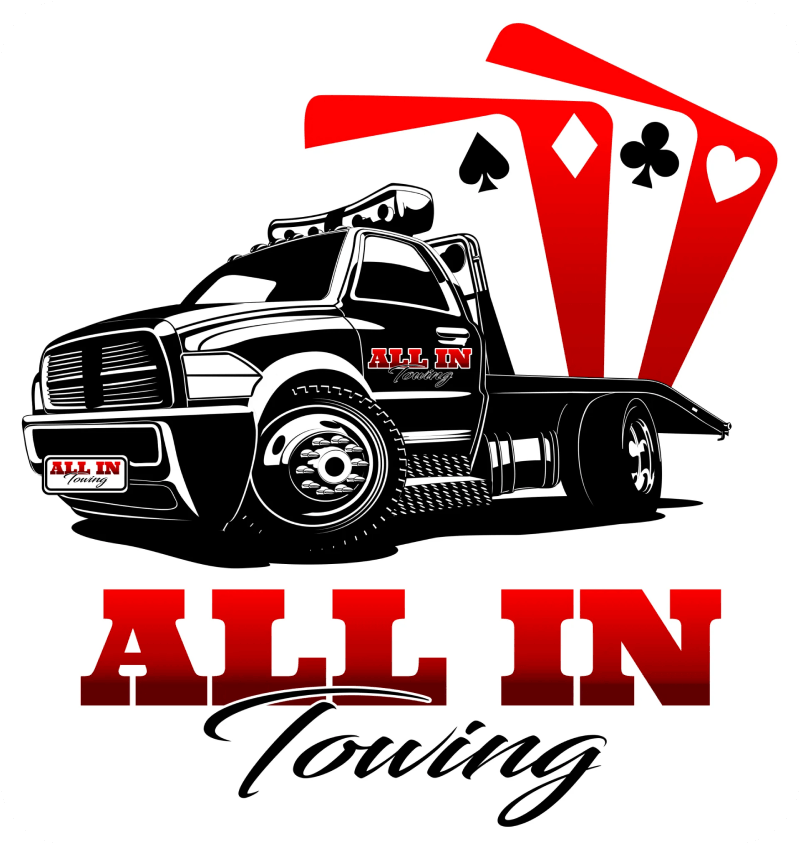
Contact Us
Call Us : 702-450-1222
Email : dispatch@allintowinglv.com
1933 Western Ave, Las Vegas, NV 89102


